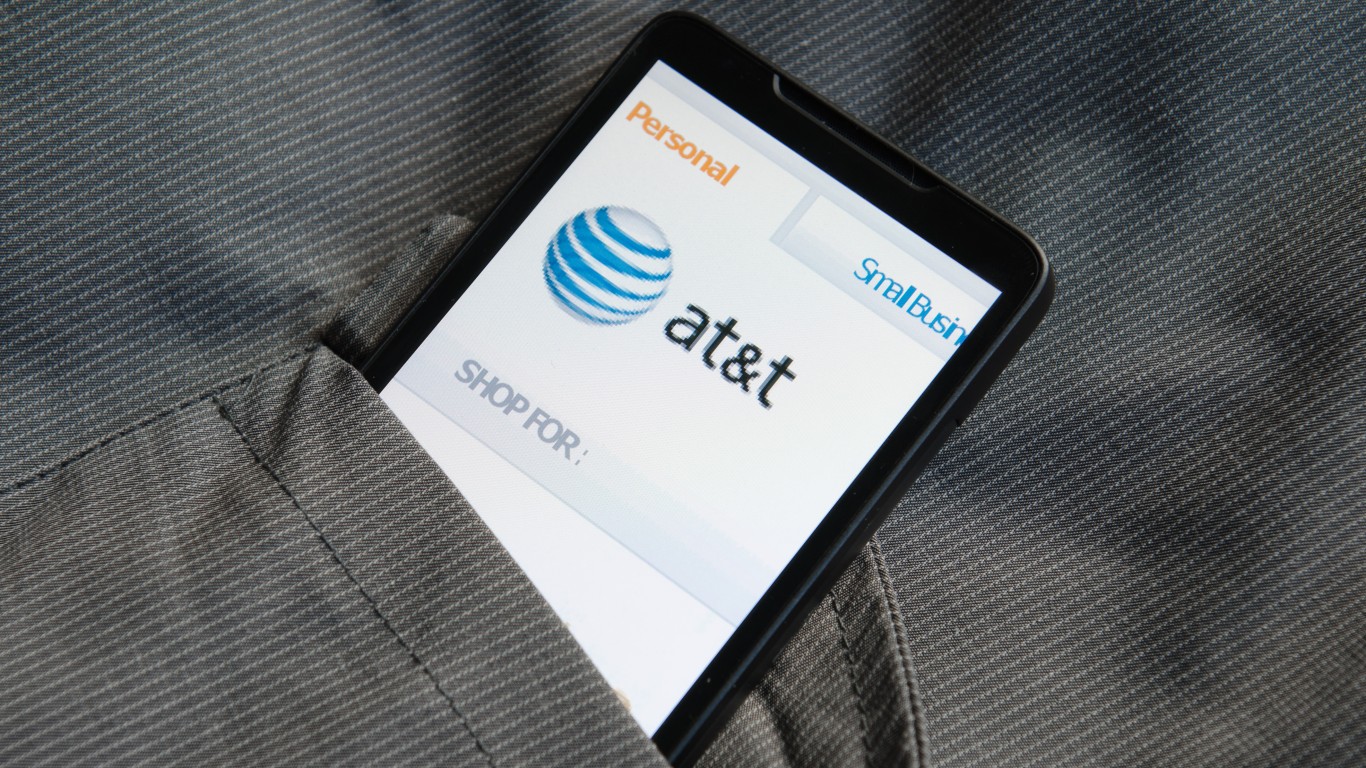

The world is turning upside for just about everyone. The coronavirus is wrecking the economy, millions of jobs are either at-risk or have been vaporized, and even the strongest companies in America are facing a major crunch and their response is to now preserve operating capital by almost any means necessary. AT&T Inc. (NYSE: T) should have a stable business, with its subscriber base for wireless telecom, but there are other more risky aspects now that it is a leveraged company after having acquired Time Warner and DirecTV.
Now, AT&T just lost potentially its largest stock buyer: itself!
In a U.S. Securities and Exchange Commission (SEC) filing with an update regarding the COVID-19 pandemic, AT&T said it has halted its $4 billion accelerated share repurchase agreement. That was to be conducted through Morgan Stanley during the second quarter of 2020.
There is no word on whether the COVID-19 impact is pressuring AT&T over its dividend, but now that the common stock is back under $29, AT&T has a dividend yield of 7.17% for new investors. That would be considered a dangerously high dividend, considering its $207 billion market cap would imply an annual dividend liability of nearly $15 billion.
The AT&T filing said:
The Company previously announced it had entered into an accelerated share repurchase agreement with Morgan Stanley & Co. LLC to repurchase $4.0 billion of the Company’s common stock during the second quarter. While our business continues to operate effectively during the COVID-19 global pandemic, we have decided at this time to cancel this ASR agreement and any other repurchases to maintain flexibility and focus on continued investment in serving our customers, taking care of our employees and enhancing our network, including nationwide 5G. These continued investments will help ensure the Company is well positioned when the pandemic passes and economies begin to recover.
The COVID-19 pandemic has and will continue affecting economies and businesses around the world. The impacts of the pandemic could be material, but due to the evolving nature of this situation, we are not able at this time to estimate the impact on our financial or operational results. Among the factors that could impact our results are: effectiveness of COVID-19 mitigation measures, global economic conditions, consumer spending, work from home trends, supply chain sustainability and other factors. These factors could result in increased or decreased demand for our products and services and impact our ability to serve customers.
Shares of AT&T traded down 8% to $28.65 on Friday, in a new 52-week range of $28.18 to $39.70. AT&T’s consensus target price of $39.21 from Refinitiv, like most other much higher target prices, should no longer be given much merit or attention.
Thank you for reading! Have some feedback for us?
Contact the 24/7 Wall St. editorial team.
 24/7 Wall St.
24/7 Wall St.


